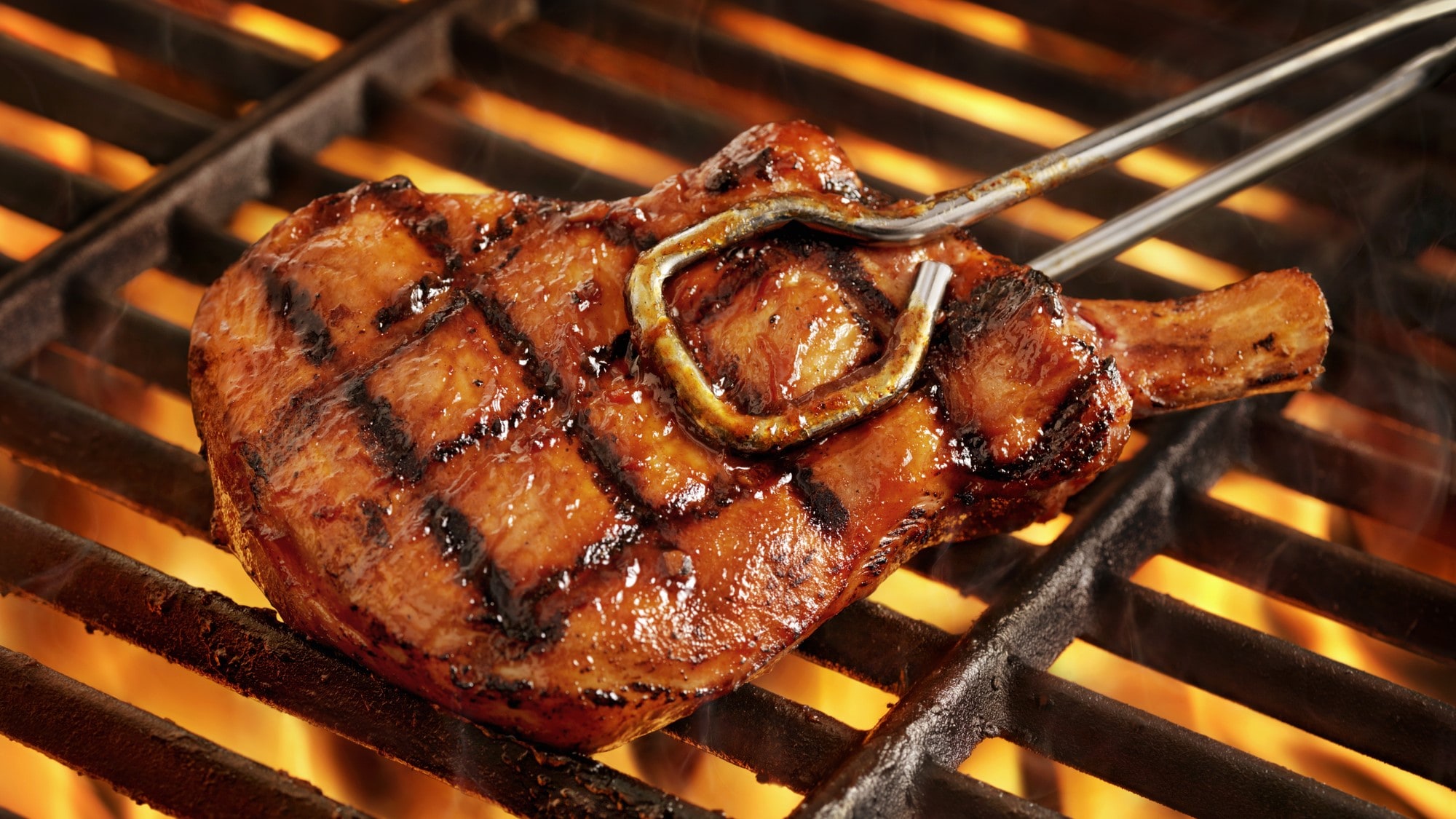What to know
- Yersinia are germs that can make people sick.
- You can take steps to prevent Yersinia infection.
- Taking these steps is especially important to protect young children from infection.

Prevention tips
Keep in mind
Follow four simple steps to food safety: clean, separate, cook, and chill.
Yersinia and other harmful germs can be on your kitchen surfaces and in your foods. At home, follow these 4 simple steps to prevent illness.
Be extra careful with raw pork.
Do not eat raw or undercooked pork.
Most Yersinia infections happen by eating contaminated food, especially raw or undercooked pork.
Cook pork to a safe minimum internal temperature to kill Yersinia and other harmful germs. Use a food thermometer that is placed correctly in the food.
- Pork chops, roasts, and steaks: Cook to 145°F (63°C) and let it rest 3 minutes.
- Ground pork and pork sausage: Cook to 160°F (71°C).
- Raw ham: Cook to 145°F (63°C) and let it rest 3 minutes.
- Precooked ham: Reheat to 165°F (74°C).
Use separate cutting boards.
Use separate cutting boards for raw meat (including pork) and other foods. Carefully clean all cutting boards, countertops, and utensils with soap and hot water after preparing raw meat.
Keep children safe when preparing chitlins.
After handling raw chitlins, clean hands and fingernails thoroughly with soap and water before touching infants or their toys, bottles, or pacifiers. Someone other than the person handling food should care for children while chitlins are being prepared.
Drink pasteurized milk.
Pasteurized milk has undergone a process called pasteurization. Pasteurization kills harmful germs, including Yersinia. Look for the word "pasteurized" on the label when shopping for milk and dairy products. If in doubt, don't buy it!
Clean up after animals.
Pick up animal poop, especially in places where children might play. Be sure to wash your hands well after touching pets and other animals, their poop, or their belongings.
